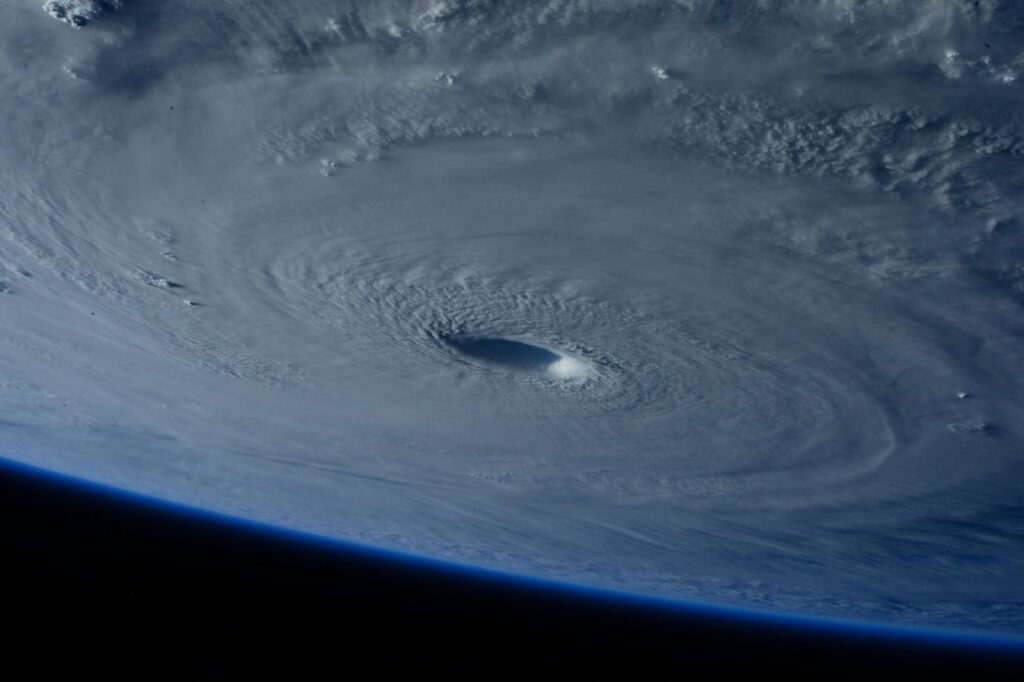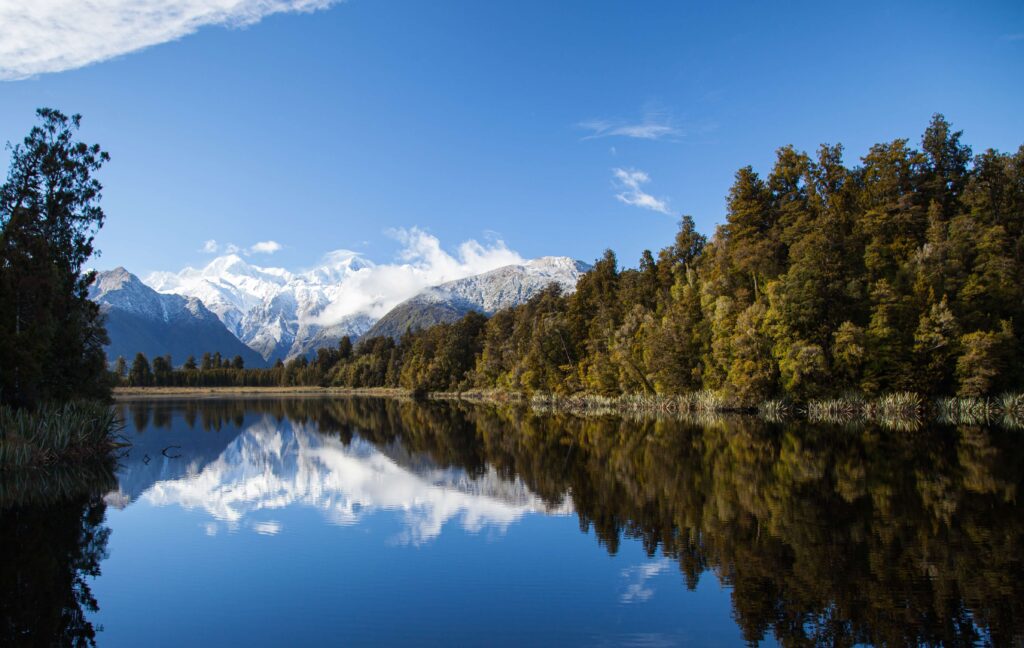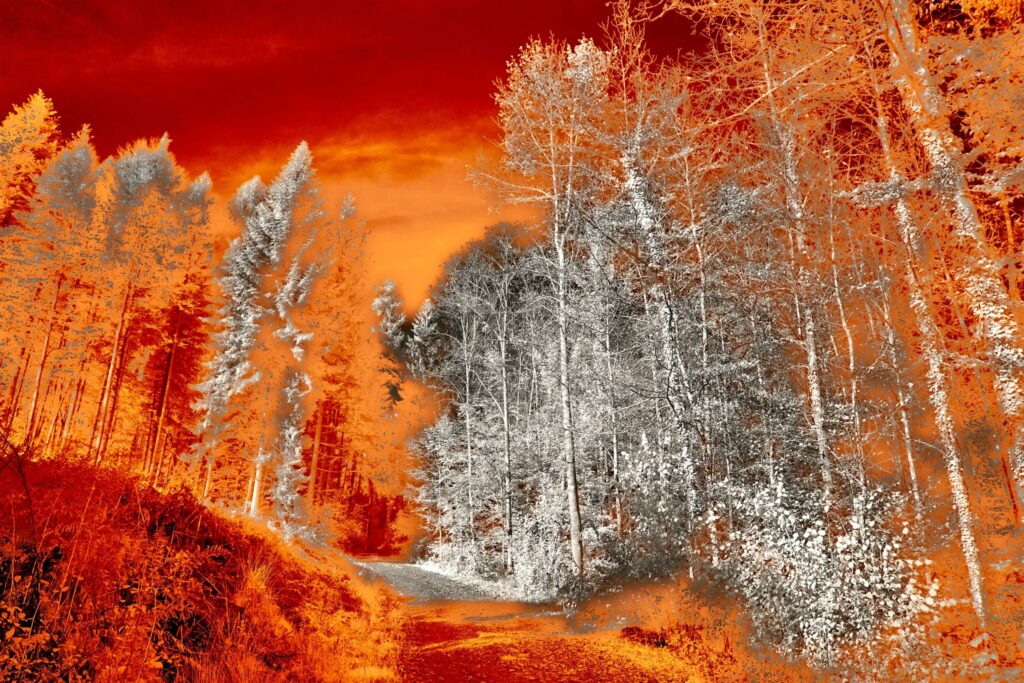Member’s Papers
Recent Event: Quantifying the contribution of climate change to extreme weather events
When an extreme heat wave, torrential downpour, or massive wildfire occurs, how do we know whether and how much of a role climate change played? Resilient River Communities hosted this presentation by Dr. Kristina Dahl on 16th December, covering the basics of climate attribution science.
Read MoreJoin the conversation on LinkedIn
Join the movement with Engineers for Social Responsibility on LinkedIn! Be part of a community by sharing ideas, sparking dialogue, and championing ethical innovation. Connect now – we welcome your contribution to thought leadership on technological issues that will have an impact on our environment and society.
Read MoreBrowse ESR’s YouTube channel
Discover ESR on YouTube — your gateway to visionary insights and boundary‑pushing ideas. Dive into sharp analysis and content that challenges the status quo. Subscribe now — inspiration for your next engineering breakthrough could be just one video away.
Read MoreWatch Video: Now that we’ve reached 1.5ºC, what next?
Hear from David Spratt, the lead Research Director for Breakthrough National Centre for Climate Restoration in Australia. This webinar is cosponsored by Our Climate Declaration, the Wise Response Society, Engineers for Social Responsibility, Degrowth Aotearoa New Zealand, Seniors Climate Action Network, and the Nelson Tasman Climate Forum.
Read MoreClimate Change – New Zealand Needs To Do Better
Peter Whitmore, ESR member, discusses the state of New Zealand’s readiness for climate change, with particular reference to the continuing use of large quantities of coal at the Huntly power station. Alternatives are readily available for electricity generation.
Read MoreHigh Expectations For The Climate Commission – Will Government’s Action Push Us Fast Enough?
Save the buildings and save the climate Save the climate and save the planet. The built environment is the main cause of climate change and offers the easiest opportunities for necessary change. The only truly sustainable building is the one you do not build. The next most sustainable building is the one you do not demolish. There is no point in recycling plastic bags and milk bottles if we are going to send our living buildings off to landfill.
Read MoreTamaki Campus
The built environment is the main cause of climate change. How we build determines not only how we use, or waste, resources. It also determines how we live, work, and need to travel. Even more importantly how we build determines our ability to make moral decisions. A disempowering built environment, in which everyone lives in someone else’s architecture, becomes a prison. The door is open, but the mortgage needs to be paid. An empowering built environment would allow owner‐builders to make moral choices about their own lives. The Auckland Unitary Plan is little more than a commitment to dramatically increasing climate change in the next thirty years. A consumer society consuming diminishing resources.
Read MoreAuckland’s Transport System for a Fast-Changing World
Ross Rutherford gave his personal perspective on the planning and development of Auckland’s transport system to better equip Auckland to be a successful 21st century world city. He identified changes needed in current thinking, planning and funding to meet present and future challenges. These include making better use of the existing transport network, and better preparing Auckland for a future where fossil fuels prices reflect carbon emissions and sustainability is once again a prime objective.
Read MoreRestoration of Electric Power Supply to Faseu Village
The Registered Trust “Friends of Faseu” seeks funding support for a rural electricity project in Papua New Guinea. The project involves the repair and restoration of a small hydro electric plant and the associated electrical distribution system supplying community facilities at Faseu, a village in the mountains of the Huon Peninsula in the Morobe Province. The system commenced operation in December 2005, but suffered major damage due to flood and landslip approximately two years later.
Read MoreA New Perspective on the Importance of Methane in New Zealand’s Greenhouse Gas Emissions
Recent analysis shows that in the relatively short timeframe available to curb our carbon emissions, it is even more important than we thought to get on top of our methane emissions. This is not an easy message to get across in New Zealand, which relies heavily on its agricultural economy.
Read More



